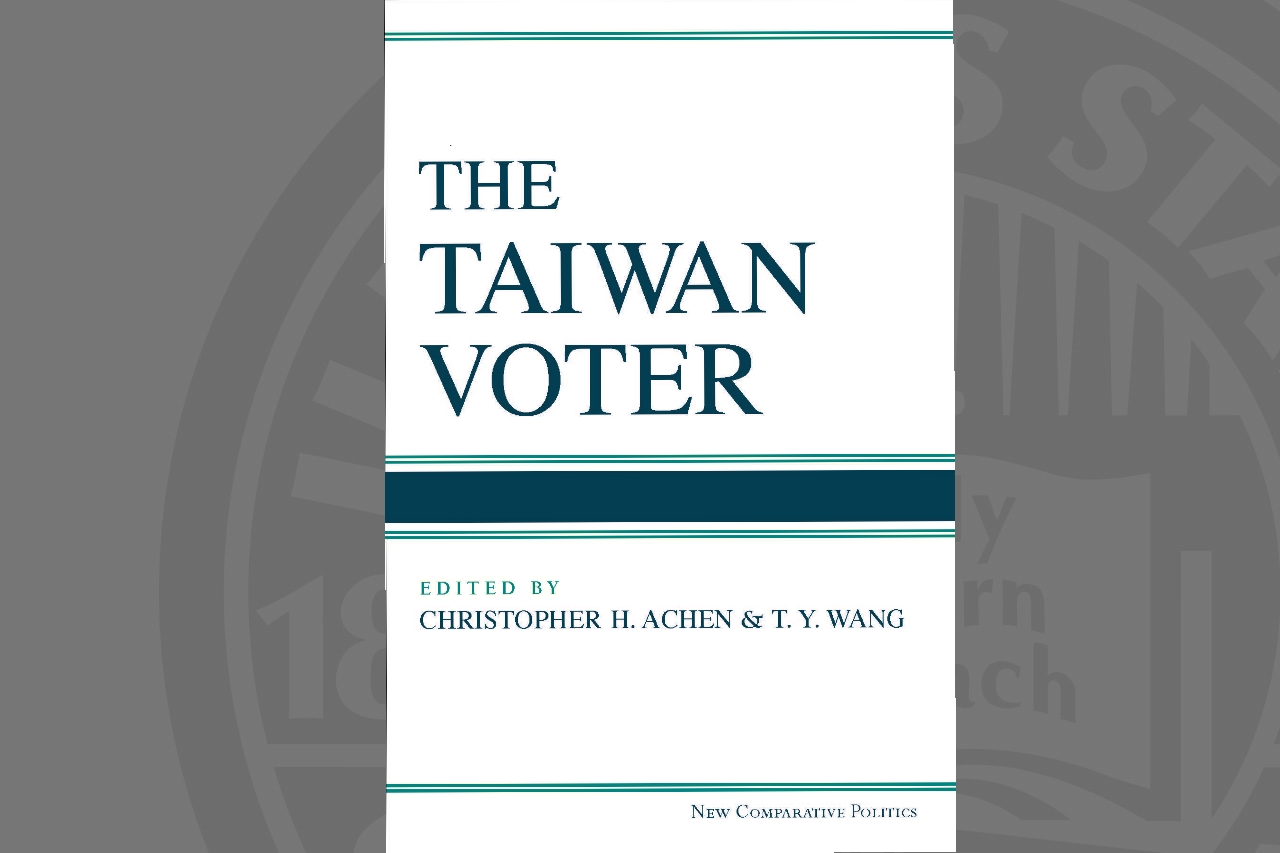Professor T.Y. Wang, chair of the Department of Politics and Government, published a co-edited volume The Taiwan Voter (Ann Arbor: University of Michigan Press, 2017). The Taiwan Voter examines the critical role that ethnic and national identities play in politics, illustrated by the case of Taiwan. That country’s elections often raise international tensions, and they have sometimes led to military demonstrations by China, as in the 1995–96 Taiwan Strait Crisis. Yet no scholarly books have examined the ways in which Taiwan’s voters make their electoral choices in such a dangerous environment. Critiquing the conventional interpretation of politics as an ideological battle between liberals and conservatives, The Taiwan Voter demonstrates that in Taiwan the party system and the voters’ response to it are instead shaped by one powerful determinant of national identity—the China factor. The book also takes up Taiwan’s voter turnout, “pocketbook voting,” and the effects of the new electoral system adopted in 2004.
In this book, Wang and his co-editor, Christopher Achen of Princeton University, bring together experts on Taiwan to investigate the ways in which social identities, policy views, and partisan preferences intersect and influence each other. These novel findings have wide applicability to other countries, and thus they will be of interest to a broad range of social scientists interested in identity politics.

